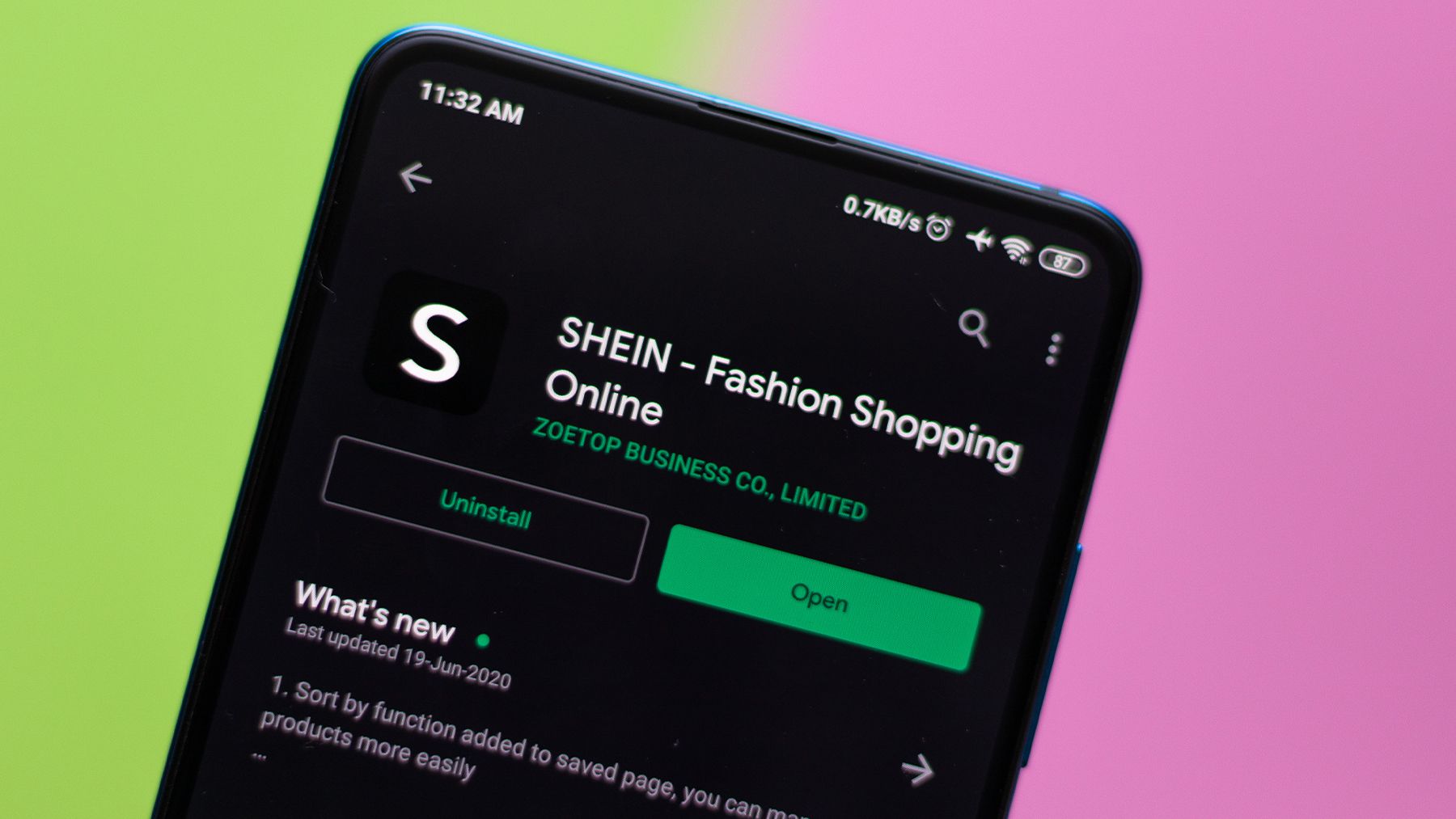
Three US senators have written to the chief executive officer of Shein, China’s largest private online retailer, demanding information on whether the fast-fashion company sources cotton tied to forced labour.
In a letter dated Thursday, Republican Bill Cassidy of Louisiana and Democrats Elizabeth Warren of Massachusetts and Sheldon Whitehouse of Rhode Island sought details about the company’s procurement process and its links to Xinjiang, a region of China whose products are banned for import into the US by federal law. That law designates goods from the region to be products of forced labour — a designation the Chinese government has disputed. The letter requested a response within 30 days.
The company told Bloomberg in an emailed statement Thursday that it has “zero tolerance against forced labour.”
The congressional letter to CEO Xu Yangtian cites a November Bloomberg report that used laboratory testing to determine that garments ordered from Shein on two occasions last year were made of cotton from Xinjiang. At the time, Shein didn’t dispute Bloomberg’s test results or say whether it uses cotton from the region, but said it takes steps in all its global markets “to ensure we comply with local laws and regulations.”
The senators’ letter asked Shein to provide details about that process, as well as how it ensures that none of the cotton it sends to the US originates in Xinjiang.
Shein said it had engaged third-party agencies to conduct regular, unannounced audits of supplier facilities.
“Shein requires that our suppliers purchase cotton from Australia, Brazil, India, US and other approved regions,” the statement said. “We have built and implemented a traceability management system that gives visibility to the origins of cotton throughout the entire production process.”
Learn more:
How Shein Gatecrashed Fashion’s Sustainability Show
The ultra-fast fashion company launched a $50 million fund to tackle waste at the industry’s annual sustainability gathering in Copenhagen this week. Many saw it as greenwashing, but it’s straight out of fashion’s sustainability playbook.



